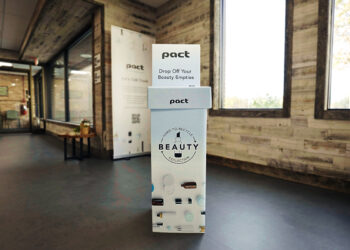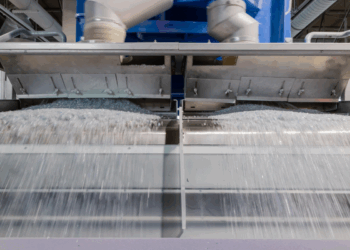Plastics Recycling Update
Top Plastics Recycling Update stories from November 2025
Stories about alarm bells for the EU recycling sector, the WM film recycling plant closure, the Ellen Macarthur Foundation plastics...
Beauty packaging NGO looks to expand
In its efforts to reduce beauty packaging waste and increase industry accountability, Pact Collective is seeking to add to its more than...
EU auditors support incentives to keep recycling viable
In a recent report, the European Court of Auditors (ECA) called progress toward recycling targets "too slow," and offered several...
Ohio startup creates end market for small challenging plastics
About 25 minutes' drive south of downtown Columbus on a light-industrial stretch of Frebis Avenue lies an unassuming 6,000 square-foot...
WM rolling out curbside acceptance of PP cups
While people may not think twice about throwing away a takeout cup, the nation's biggest hauler is looking to change...
Global recycling patent trends may reflect legislative push
Patent applications for chemical recycling technologies have reached a record high globally with government initiatives among the factors driving innovation,...
Plastics Pact supports chemical recycling as complementary
To help inform policy and develop industry-led best practices, the US Plastics Pact published a position paper on Wednesday regarding...
ICIS monthly recycled plastics pulse: Most Oct resin prices stabilize for fall
US recycled plastic scrap and resin markets were relatively stable in October, with some baled commodities experiencing rebound activity following...
Softness in bale pricing adds to hauler headwinds
The nation's largest waste haulers delivered strong third-quarter earnings and expanded EBITDA margins despite lower recycled commodity values.
Canada PROs unite to align packaging design
Five Canadian producer responsibility organizations are joining forces to provide clear, consistent guidelines to make packaging design recyclable, with plastics...



















